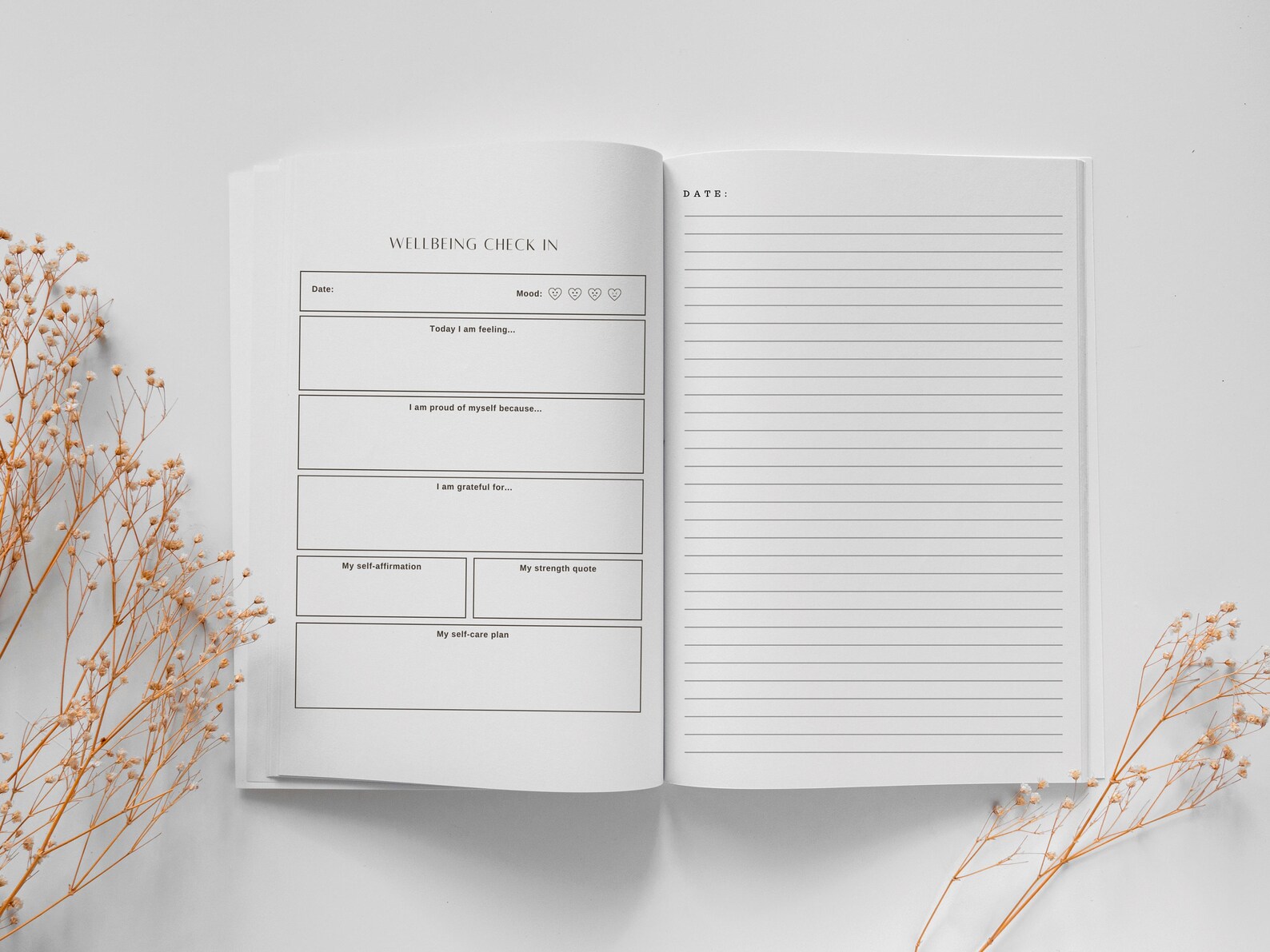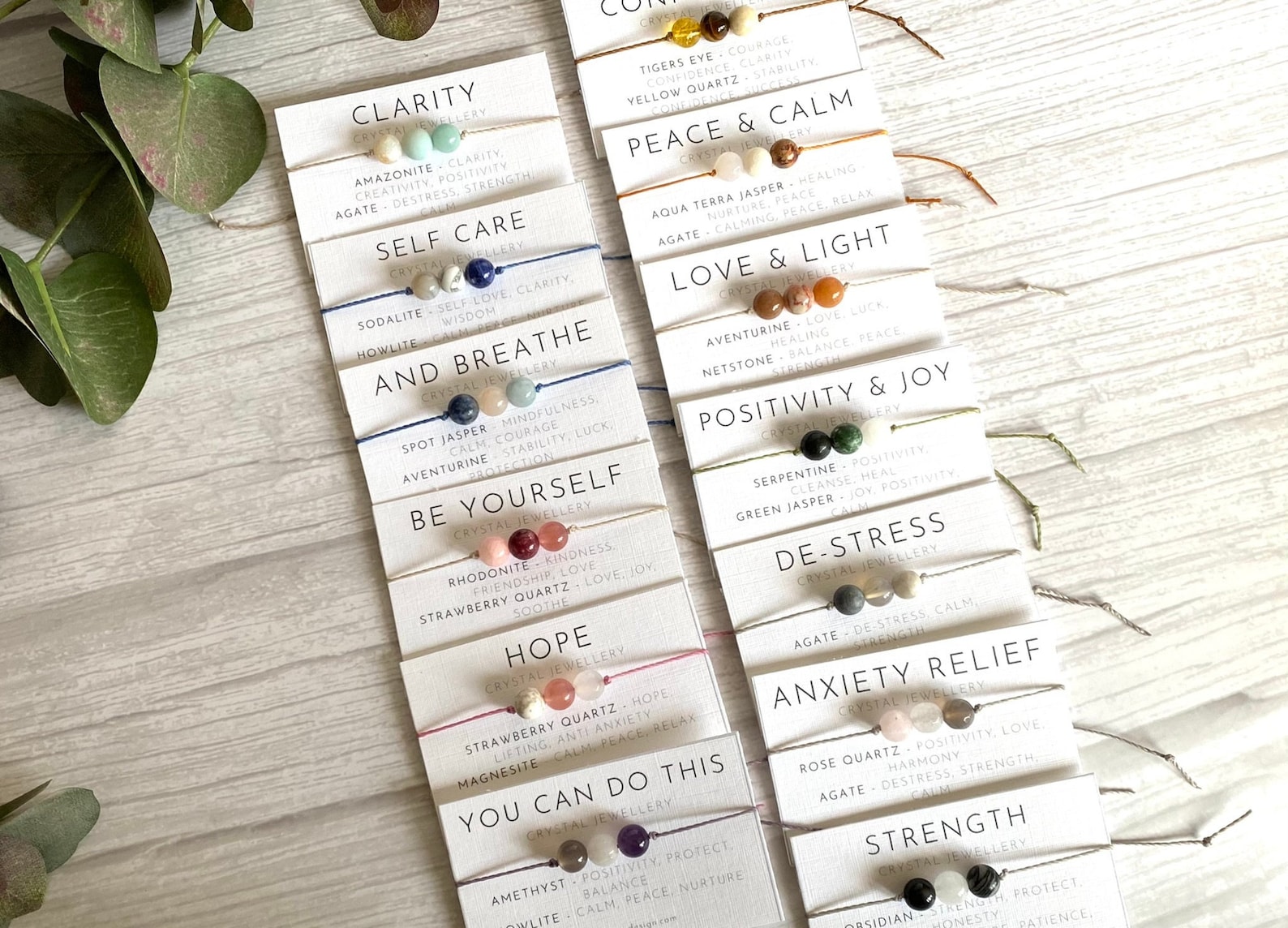How To Edge Your Mental Wellness In The Right Direction
Posted on
The world today is more advanced than ever, but progress doesn’t always equal wellbeing. Modern life can feel fast-paced, stressful, and overwhelming. Data suggests that mental health concerns have risen steadily, with anxiety and depression increasing by around 20% since the 1990s.
Mental wellness is something that affects everyone, regardless of background or social status. While professional support is essential for those struggling with mental health conditions, prevention and daily self-care play an equally important role. Just as we look after our physical health, it’s vital to nurture our mental wellbeing too.
If you’ve been wondering how to improve mental wellness, there are practical, everyday steps you can take. This article shares ways to boost mental health naturally, so you can create more balance, resilience, and calm in your life.

Spend More Time Outdoors
Nature has a calming effect that can’t be underestimated. Yet many of us spend the majority of our time in urban environments, surrounded by screens, traffic, and noise. While convenient, this lifestyle distances us from the natural world our ancestors depended on.
Research shows that spending time in green environments can produce a significant improvement in an individual’s mental health - it helps reduce stress, anxiety, and symptoms of depression. Try to set aside at least two hours a week to be in nature — whether that’s walking in a local park, hiking in the countryside, or sitting by the sea. Even short bursts of fresh air and natural light can make a noticeable difference to your mood.
Move Your Body Regularly
Exercise isn’t only about physical appearance — it’s one of the most effective ways to boost mental health. Physical activity releases endorphins, the body’s natural “feel-good” chemicals, while also reducing stress hormones.
Working up a sweat doesn’t have to mean hitting the gym every day. Choose activities you enjoy, such as cycling, dancing, running, or yoga. Even brisk walking counts. The key is consistency. Aim for at least 30 minutes of movement most days of the week. If time is tight, explore ways to fit exercise into a busy schedule, like walking during lunch breaks or taking the stairs.
Think you don't have enough time? Here's how to fit exercise into a busy schedule.

Prioritise Downtime
Modern culture often glorifies busyness, but constant activity can harm mental wellness. Rest is not a luxury — it’s a necessity. Giving yourself permission to slow down helps prevent burnout and creates space for recovery.
Simple ways to invest in downtime include:
-
Reading a book you enjoy
-
Listening to calming music or podcasts
-
Drinking herbal teas like chamomile to relax in the evening
-
Creating a cosy environment at home with soft lighting and comfortable seating
Downtime doesn’t mean being unproductive. It’s about recharging so you can handle life’s demands with more energy and clarity.

Choose Healthy Activities
Your daily habits play a big role in how you feel. If your routine is filled with activities that drain your energy, such as excessive drinking, late nights, or endless scrolling on social media, your mental wellbeing can suffer.
Replacing harmful habits with positive ones creates a foundation for better mental health. Consider adding practices like:
-
Yoga for balance and flexibility
-
Meditation to calm the mind and improve focus
-
Breathwork to regulate stress and reduce anxiety
-
Journaling to process thoughts and emotions
These good-for-you activities don’t require hours of your day. Even 10–30 minutes can have lasting benefits for your mood and mindset.
Maintain Healthy Relationships
Social connection is a cornerstone of mental wellness. Humans are wired to connect, and strong relationships provide support during difficult times while amplifying happiness during good ones.
Make time for meaningful connections, whether that’s calling a friend, spending time with family, or joining a local group. Surrounding yourself with positive, supportive people strengthens resilience and reduces feelings of isolation.

Inspirational Quotes Zip Pouch
Practise Mindfulness
Mindfulness is the practice of being present and fully engaged in the moment. It helps reduce overthinking, lowers stress levels, and increases self-awareness. You can practise mindfulness through meditation, but also by paying attention to everyday activities like eating, walking, or breathing.
Studies show that mindfulness can reduce anxiety and improve overall mental wellbeing. Apps, guided meditations, or even a few minutes of quiet reflection each day can help you integrate mindfulness into your routine.

Wellbeing Journal for Mental Health: Guided Journal for Anxiety
Limit Technology Overload
While technology connects us, too much screen time can affect mental wellness. Constant notifications, social media comparisons, and digital fatigue contribute to stress and anxiety.
Setting healthy boundaries with technology can help. Try digital detox periods, switch off devices an hour before bed, and prioritise real-life connections. By managing your relationship with technology, you create more mental space and calm.
Nourish Your Body
What you eat directly affects how you feel. A balanced diet with whole foods, plenty of fruits, vegetables, and plant-based proteins supports both body and mind. Nutrients like omega-3 fatty acids, magnesium, and B vitamins are especially important for brain health.
Staying hydrated also helps regulate energy levels and mood. Cutting back on stimulants like caffeine and alcohol can prevent crashes and reduce anxiety symptoms. Nourishing your body is one of the simplest yet most effective ways to edge your mental wellness in the right direction.
Sleep Well
Quality sleep is vital for mental health. Lack of sleep can increase irritability, reduce focus, and heighten anxiety. Creating a bedtime routine helps signal to your body that it’s time to wind down.
Simple steps include dimming lights, avoiding screens before bed, and sticking to consistent sleep and wake times. Aim for 7–9 hours of restful sleep each night to support your overall wellbeing.

String Crystal Bracelet - Energy Bracelet
Seek Support When Needed
Self-care strategies are powerful, but sometimes professional help is necessary. If you’re struggling, don’t hesitate to seek support from a therapist, counsellor, or doctor. Talking through challenges with a trained professional can provide guidance, perspective, and tools to improve your mental wellbeing.
Asking for help is not a weakness — it’s a step towards strength and healing.
Final Word
Mental wellness isn’t a destination — it’s an ongoing journey. By making intentional choices each day, you can create a healthier, more balanced mind. Small steps like spending time outdoors, exercising, practising mindfulness, and prioritising rest add up to significant improvements over time.
If you’re ready to boost your mental health naturally, start with one or two strategies from this list and build from there. With patience and consistency, you’ll be edging your mental wellness in the right direction and creating a stronger foundation for your future.
